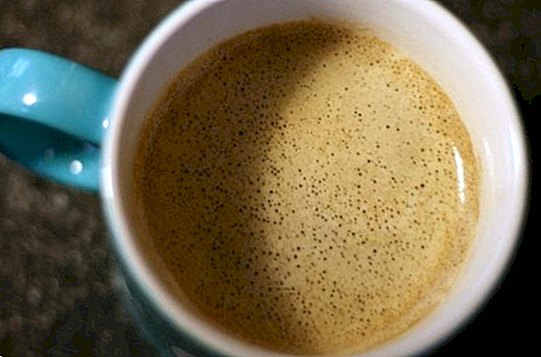The risks of eating gluten-free when you're not celiac
Of little time for here it has become fashionable to carry out diets in which it is encouraged to consume gluten-free foods. These fad diets are called " gluten-free ", and as many nutritionists say, we must take special care with this type of diet.
In fact, many doctors and nutritionists have long since issued an alert warning of the danger and seriousness to which we subject our body when, without having gluten intolerance or sensitivity to it, we remove it from our diet.

This warning message is corroborated by the studies carried out at Harvard University which is joined by the study of Spanish scientists who warn us of nutritional imbalances to which we submit to our body when, without reason, we eliminate gluten from our diet, being healthy people and not suffering any type of intolerance that could thus advise it medically.
Eliminating gluten from our diet can predispose us to heart disease, so it is not healthy to carry out a diet low in gluten.
Gluten, on the other hand, is harmful to the health of people with celiac disease (intolerant to gluten), for people sensitive to gluten or people allergic to gluten.
In addition to heart disease, eliminating gluten from the diet increases the risk of type 2 diabetes. Eliminating gluten also ceases to consume cereals, a diet without cereals makes us consume less fiber, we also do without some vitamins and minerals.
Before continuing with this post it is important to describe what it is the gluten and what is the gluten intolerance.
What is gluten and what is gluten intolerance?
Gluten is a glycoprotein, formed by a set of proteins, specifically two proteins, glutenin and gliadin, present in cereals such as wheat, oats, barley, rye, spelled, and is part of the flour of these cereals.
It acts as an emulsifier, gelling agent, it is therefore a binder, to understand it better we can say that it is the element that gives elasticity, spongyness to foods such as bread, pastries, pasta.
When the flour of the cereals is mixed with the water when we mix or knead, the gluten is formed.

When we eliminate gluten from these foods in order to achieve a good kneading we must add more fats so our cardiovascular health runs the risk of suffering.
The products without glycoprotein, that is to say without gluten, have in their composition greater fat content, more lipids and little contribution of proteins.
Celiac disease is an intestinal disease, specifically an autoimmune disease and in many cases there is a genetic predisposition, which produces a series of immune-based inflammatory reactions.
We must differentiate celiac disease from gluten intolerance, since celiac disease is what causes gluten to consume and come into contact with the intestinal mucosa, causing a series of reactions or lesions in the mucosa of the small intestine, preventing proper absorption of the nutrients of the food that we eat with the consequent deterioration of health, even going to be serious since it can also damage and destroy the walls of the intestine.
However, the gluten intolerance is a reaction caused by a food that contains gluten, which does cause gastrointestinal symptoms as well as celiac disease, but does not affect the person's immune system or cause tissue damage.
Symptoms of gluten intolerance
The symptoms of gluten intolerance can be either digestive or not. However, here are the most common ones:
- Abdominal distension.
- Abdominal pain.
- Gases and flatulence.
- Chronic diarrhea.
- Chronic constipation.
- Vomiting
- Stools that smell rather bad and of pale hue.
- Loss of appetite
- Inadvertent loss of weight even if we are feeding well.
- Stunted growth.
- Iron-deficiency anemia
- Fatigue, weakness
- Ulcers in the mouth.
- Alteration of tooth enamel.
- Headache.
- Skin rash.

And what are the risks of eliminating gluten from the diet without being celiac?
As we have seen, the risk of suffering some of the following diseases increases:
- Heart disease.
- Hypertension.
- Type 2 diabetes.
Therefore, to lose weight we should not eliminate gluten from our diet. It is better not to risk our health and what is advisable to do is change our lifestyle and diet, for another healthier lifestyle in which the diet is healthy and balanced, if your diet is very caloric.
Doctors and specialists in nutrition are the only ones who can diagnose celiac disease or gluten sensitivity, and insist on the diagnosis of this disease that if they are intolerant, we will have no choice but to eliminate gluten, if we do not want to get sick.
Do not hesitate to go to the specialist doctor if you notice some of the symptoms that could make you suspect that you have gluten intolerance or sensitivity to glycoprotein. This article is published for informational purposes only. You can not and should not replace the consultation with a Nutritionist. We advise you to consult your trusted Nutritionist. ThemesFood intolerances


